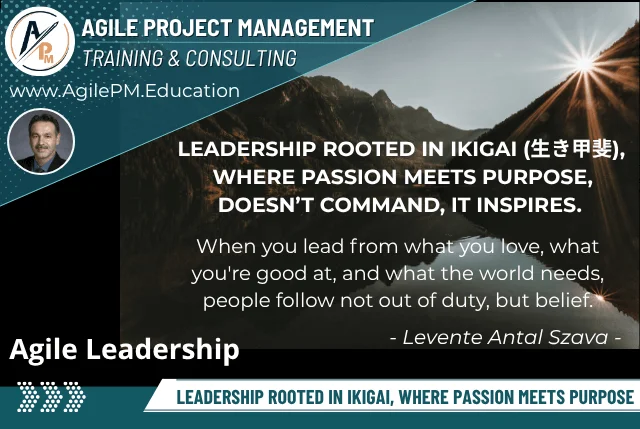Elevating Public Speaking for Agile Scrum Success🗣📢🚀

🔹Clear Communication: It ensures team members convey ideas and updates effectively.
🔹Stakeholder Engagement: It facilitates meaningful interactions with clients and product owners.
🔹Storytelling: Helps create engaging user stories for better understanding.
🔹Conflict Resolution: Aids in resolving conflicts through open dialogue.
🔹Feedback and Retrospectives: Vital for constructive feedback and process improvement.
🔹Knowledge Sharing: Enables sharing expertise and fostering team growth.
🔹Confidence Building: Boosts individual confidence and participation.
🔹Adaptability: Assists in articulating and embracing changes when needed.
Aligning with Agile Values, it emphasizes collaboration and interaction, ensuring project success through effective communication.
Many of you may be wondering if public speaking can be learned? 🗣📢
Public speaking is a skill, and like any skill, it can be developed and enhanced through practice, education, and deliberate effort. While some individuals may have a natural aptitude for speaking in public, anyone can improve their public speaking abilities with dedication and the right strategies
Here are some ideas to help enhance public speaking abilities:
🔸Join a Toastmasters Club (Toastmasters International): Toastmasters is a global organization that offers a supportive environment for practicing public speaking and leadership skills through structured meetings and evaluations.
🔸Take a Public Speaking Course: Enroll in a formal public speaking course or workshop, either online or in-person, to learn techniques, receive feedback, and gain confidence.
🔸Record and Review: Record your speeches or presentations and review them critically. Identify areas for improvement, such as posture, tone, and clarity of message.
🔸Practice Regularly: Practice speaking in front of a mirror, with friends or family, or in front of a camera to become more comfortable with the process.
🔸Set Clear Objectives: Define the goals of your speech or presentation, whether it’s to inform, persuade, or entertain. Tailor your content and delivery accordingly.
🔸Use Visual Aids Wisely: If using slides or visual aids, ensure they complement your message rather than detract from it. Practice synchronizing your speech with visuals.
🔸Work on Body Language: Pay attention to your gestures, facial expressions, and posture. Good body language can enhance your message and engage your audience.
🔸Expand Your Vocabulary: Improve your vocabulary to articulate ideas more precisely and effectively. Read widely and practice incorporating new words into your speech.
🔸Manage Nervousness: Manage pre-speech jitters by practicing relaxation techniques, deep breathing, and positive visualization.
🔸Seek Feedback: Request honest feedback from peers, mentors, or coaches after each presentation. Use this feedback to identify areas for improvement.
🔸Study Great Speakers: Analyze speeches and presentations by skilled public speakers to learn from their techniques and styles.
🔸Engage in Impromptu Speaking: Practice thinking on your feet by participating in impromptu speaking exercises or debates.
🔸Adapt to Your Audience: Tailor your speech to the needs and interests of your audience. Research your audience’s background and expectations beforehand.
🔸Practice Vocal Variety: Work on varying your tone, pitch, and speed to make your speech more engaging and expressive.
🔸Visualize Success: Visualize yourself delivering a successful speech. Positive mental imagery can boost confidence.
🔸Learn from Mistakes: Don’t be discouraged by mistakes or stumbles; view them as opportunities to learn and improve.
🔸Public Speaking Apps: Use technology to your advantage. There are apps that provide speech evaluation and practice exercises.
🔸Public Speaking Groups: Join online forums or social media groups dedicated to public speaking. Share your experiences and learn from others.
🔸Teach Others: Offer to teach or present to smaller groups or classes. Teaching is an excellent way to enhance your speaking skills.
🔸Set Realistic Goals: Gradually challenge yourself with increasingly complex speaking engagements, setting achievable goals for improvement.
Remember that improvement takes time and persistence. By consistently working on these aspects, you can become a more confident and effective public speaker.
If you’re interested in staying informed and gaining insights into Agile Project Management, leadership, motivation, and more, please visit and follow our LinkedIn page 👉 Agile Project Management Education and Workshop.
Share on


